

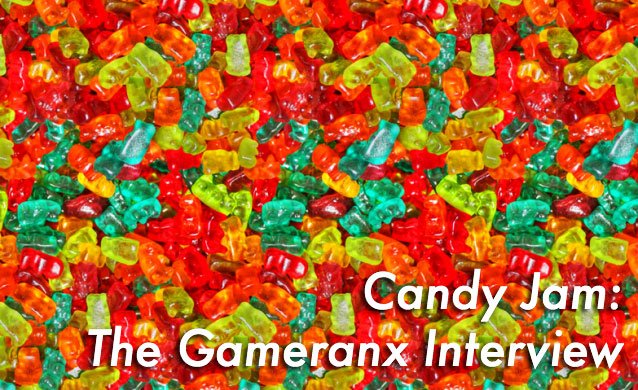
Earlier this week, a report surfaced from Gamezebo revealing that King.com, the developers behind Candy Crush Saga, have filed a trademark application for the words "Candy" and have been sending out cease and desist letters in good faith of its approval. As a response, a site hosting an event called The Candy Jam quickly popped up, imploring participants to "fight trademark trolling" by submitting games that use the words '"candy" ("several times"), "scroll", "memory", "saga", "apple" or "edge". Since then, King.com's legal pursuit of the developers of The Banner Saga plus a report of an outright game theft from Stolen Goose in 2009 have only propelled this story further into the public eye, so I reached out to the organizer of The Candy Jam to hear their thoughts on the issue and let them explain their intent and motivation behind the event. Read on:
First, tell me a bit about your background. Are you or your co-host a programmer yourself?
I'm a French hobbyist game developer, I started programming several years ago and began to seriously focus on games about 4 years ago. Same for my co-host T-wave (@uuav), who's been programming on and off for the past 16 years.
How soon after reading the news about King.com's trademark filing did you become inspired to create the project?
We created the project a few hours after the Gamezebo article [about King.com's cease and desist letters to Benjamin Hsu] came out. We were the first to set up a page, but many game developers got the idea as well, so obviously this jam was just meant to happen one way or another. The Candy Jam is about having fun and developing games while making fun of King. The most important part, to me, is to shed light on King's aggressive litigation tactics.
Have you received any submissions so far outside of names and artwork? Have any known indie developers expressed interest?
We received 15 submissions so far. The response to the Candy Jam has been really great, @machinima and @jessica_chobot have voiced support for the event; @sosowski, @S0phieH and a few other indie developers have as well but others were quite shy about it. The confusion surrounding the whole affair probably doesn't help.
What is the future of The Candy Jam? Will there be any organized efforts to bring people together in a physical location, or will you be leaving that to the discretion of those who are interested in participating?
To me Candy Jam doesn't have enough ambition to change anything. I'm probably too pessimistic but the message is so general that it would be naive [for me] to expect any change. If we annoy the King PR staff and raise more awareness about King tactics that's enough for me. I'm not sure if this should be a recurrent event, it's still a one-time event in my mind but knowing that game developers tend to like game jams, the combination of a jam plus a cause to defend might work again.
Have you read the recent piece by Tracey Lien at Polygon, "What King's 'candy' trademark really means"? Does it change your goals or message at all?
I read the Polygon piece and found it enlightening but it doesn't change my message at all, Candy Jam for me has never been about disagreeing on a specific technical point. It's kind of unfortunate that King is the jam target here, I'm sure they're just doing their job. Obviously they're not trying to soil their own image for fun; trademarks allow them to protect themselves from actual rip-offs. But of course it looks really really tacky from our perspective.
It seems that the Banner Saga case is an example of standard protocol wherein a company is forced to mark its territory to support their claim. But when you see Benjamin Hsu being bullied into either changing his game name or legally defending himself against claims of infringment while not even copying King in the first place, it seems its being abused. Due to lack of time and money most indie game developers would just cave and change the name, probably losing some value to their brand in the process.
I don't like the aggressive practice of trademarking a common word and sending letters to unrelated games to spread out a "Don't bother me, I've got a trademark on 'X', just so you know" message, especially when it turns out to be just an intimidation tactic. It affects small game companies who wind up as collateral damage of an imperfect system. I'm sure a lawyer would have a good explanation as to why it works that way but again, I'm not questioning the legitimacy of this, I'm talking about ethics, which seems to be a really odd notion for some of these companies.
As strange as this may sound to some people, just because you CAN do something, doesn't mean you should, at least not if you care about ethics.
King is the perfect target for Candy Jam because they are not particularly highly valued by game developers anyway; the hypocrisy of protecting intellectual property when your game is basically a Bejeweled clone is just rich. Harassing a great game dev company like Stoic is pathetic, even if it happens to be legal. With the news that they ripped off Scamperghost from [Stolen Goose developer] Junkyard Sam in 2009, they're starting to rack up quite an impressive history of faux-pas. I'm blaming the system above all but King is sadly a good example of its use.
What are your plans if King decides to pursue legal action against The Candy Jam?
I really doubt they will : Attacking the Candy Jam will probably do more harm to their image than anything. We are just amplifying the King "scandal" while earning them some unfortunate but formidable publicity.
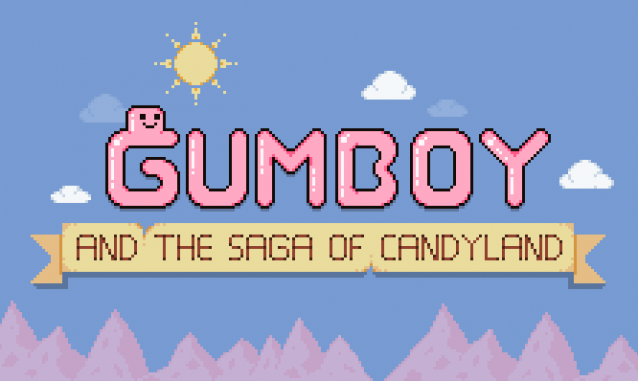
Above is an image by pixel artist Gerrit Halfman, posted on Twitter after a pixel art Candy Jam livestream. The event has a deadline of February 3, so if you want to participate, you should begin preparing your submissions soon. King has so far not responded to our requests for comment, but should we hear from them we will update.

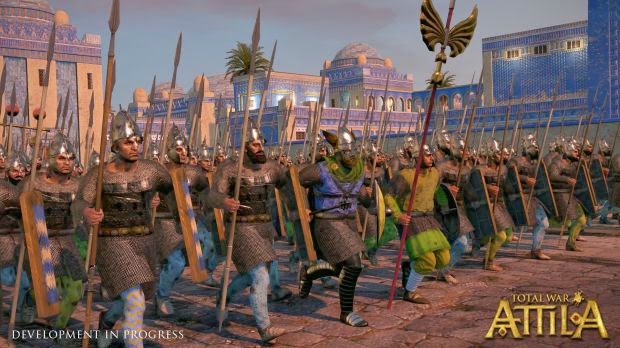

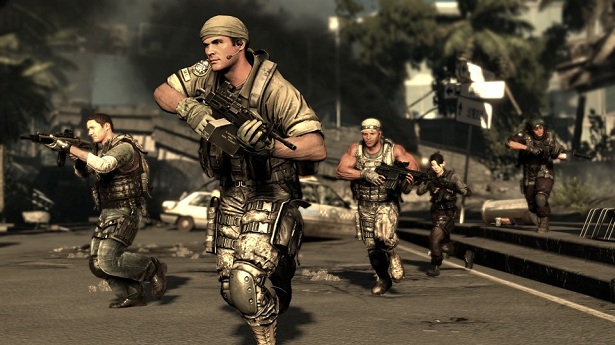
 The Easiest Way to Scan Files for Viruses in Windows 10
The Easiest Way to Scan Files for Viruses in Windows 10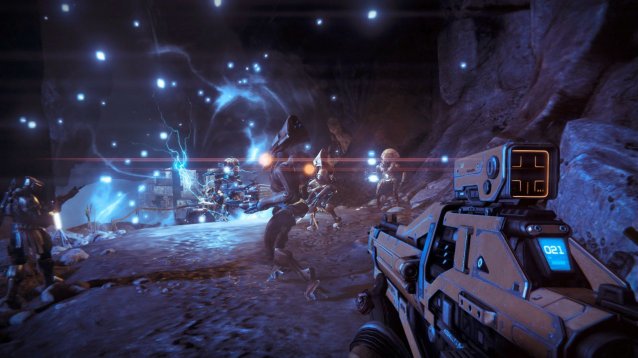 Destiny – Don’t be so Quick to Judge
Destiny – Don’t be so Quick to Judge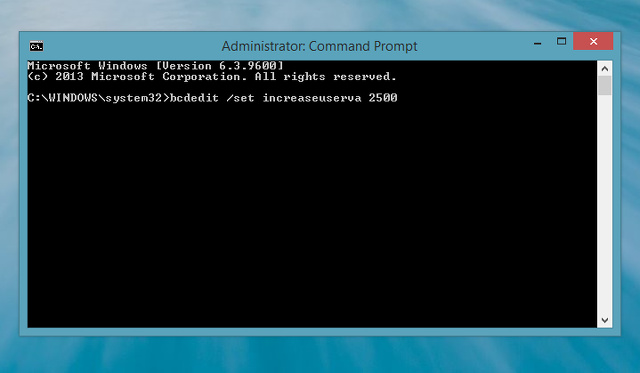 8 Issues Plaguing Battlefield 4 And How To Fix Them
8 Issues Plaguing Battlefield 4 And How To Fix Them Sherlock Holmes: Crimes & Punishments Wiki – Everything you need to know about the game .
Sherlock Holmes: Crimes & Punishments Wiki – Everything you need to know about the game .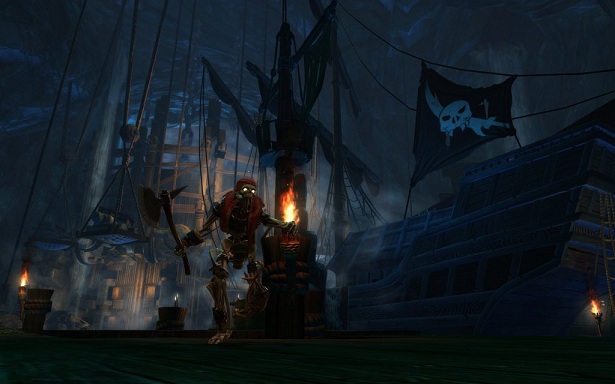 Kingdoms of Amalur: The Legend of Dead Kel DLC Walkthrough
Kingdoms of Amalur: The Legend of Dead Kel DLC Walkthrough